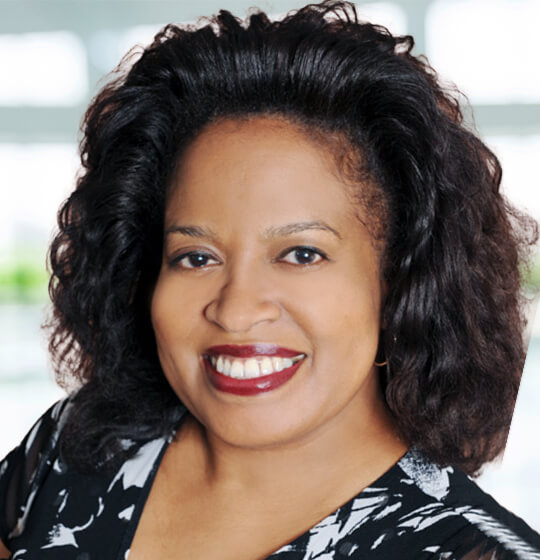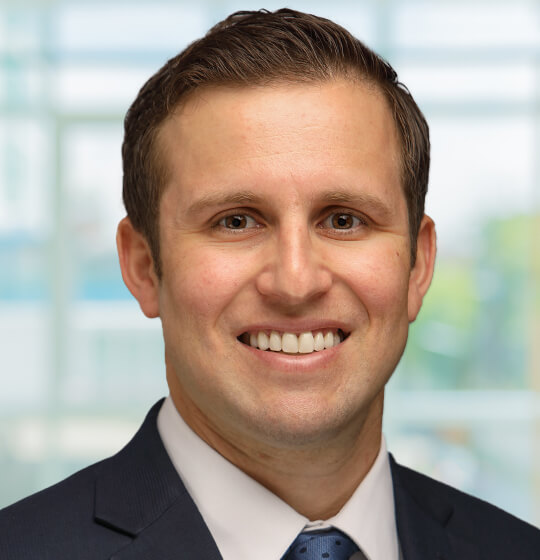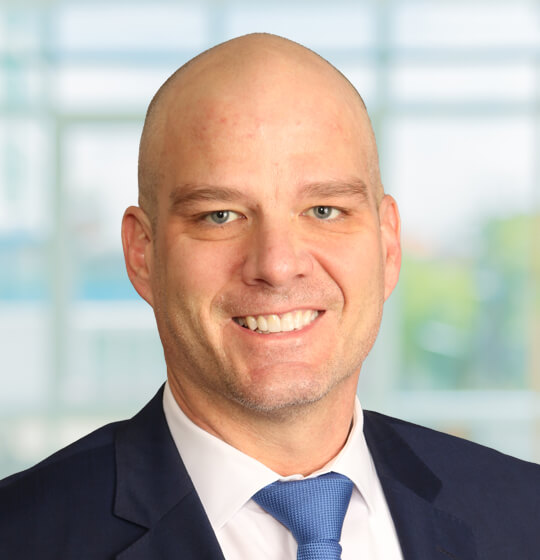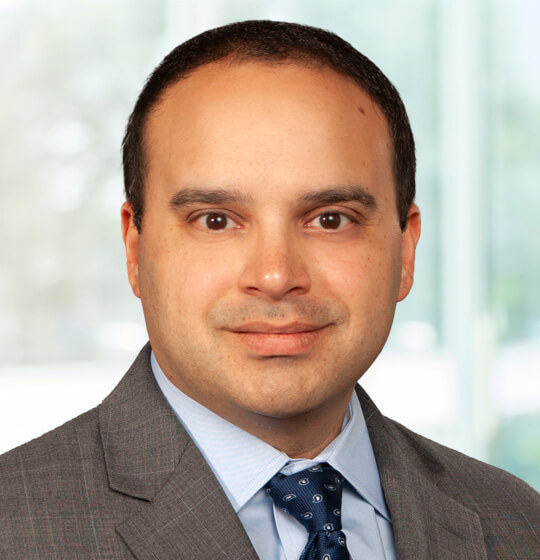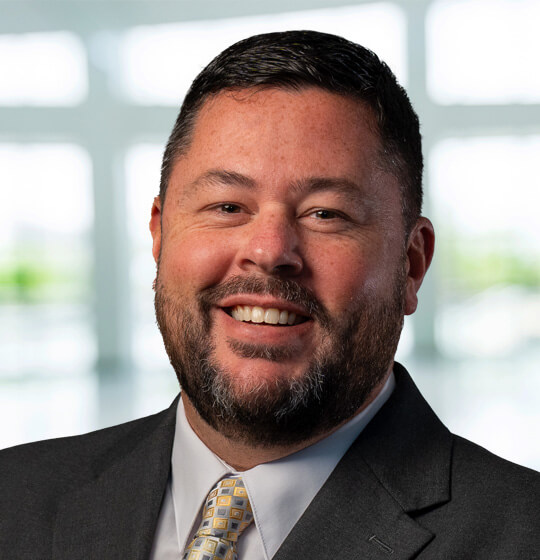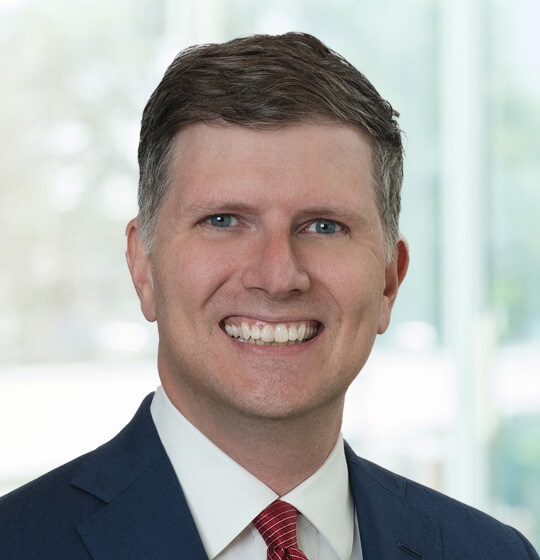Our Focus, Your Goals
The lawyers in Ogletree Deakins’ Disability Access Practice Group have extensive experience helping their clients face the multiple challenges presented by Title III of the Americans with Disabilities Act (ADA) and other disability access laws. From defending class actions, to ensuring compliance with federal and state building standards, and from navigating the complicated regulations covering service animals, hotel reservations, ticketing, and Segways, to the use of auxiliary aids and interpreters needed for effective communication with blind and deaf individuals, our work is comprehensive. Businesses and organizations in a wide range of industries rely on our experience, including stadiums and arenas, hotels, sports franchises, amusement parks, hospitals and other health care providers, national retailers, and local governments. Our attorneys also work closely with clients to keep them informed of new legal developments and trends, from rising numbers of Title III class action cases to new and proposed federal and state regulations.
Business-Oriented Compliance Solutions
The Disability Access Practice Group is experienced in guiding clients through compliance challenges. In providing advice and counsel, we focus on finding practical, business-oriented solutions for cost-effective compliance.
To meet our clients’ compliance needs in this area, we have extensive experience providing advice and counsel to our clients’ businesses in the following areas:
Architectural Audits
Clients commonly seek one of three approaches to evaluating and achieving architectural barrier compliance to best position their businesses to defend potential litigation.
- Basic Compliance Audits: Some clients ask us to help their businesses identify and eliminate the barriers that most commonly lead to architectural barrier litigation and develop a plan to achieve basic compliance to enhance the likelihood of avoiding the highest volume of architectural barrier litigation.
- Comprehensive Audits: Clients often ask our attorneys to oversee a comprehensive review of their facilities to understand what steps would be necessary to achieve compliance and to help design a remediation plan that is highly defensible in the event of litigation. By having our attorneys work with outside experts, we provide attorney-client and work product privilege protections to these audits that will help protect businesses facing litigation regarding their compliance efforts.
- Multi-Location Audits: Many retail, restaurant, and hospitality clients seek our advice in fashioning audit and remediation plans that tackle multiple locations, either on a national or regional basis, or in jurisdictions (such as Florida, California, and Texas) where access litigation is most common.
Sports and Entertainment Ticketing Compliance
Federal regulations impose extensive obligations on businesses that host or promote events for which they sell or give away tickets. We can help identify the need for modification of ticketing and sales practices, through direct box office sales, Internet marketing and sales, and third-party ticketing agencies. We also develop policies and procedures to receive and process ticket-buyer requests for accommodations in seating, parking, and other operational measures.
Hotel Industry Compliance
Federal regulations also impose extensive obligations on hoteliers in areas such as reservations practices, disclosing accessible features on their websites, and the accessibility of any shuttle services offered. Hotel owners and operators also need to consider policies and procedures to receive and process guests’ requests for accommodations during their stays, as well as a distinct kind of architectural audit regarding the distribution of accessible rooms among the broader amenities, views, room sizes, and other features offered at the hotel.
Healthcare Compliance
Hospitals and other healthcare providers are increasingly common targets of access and auxiliary aids and services litigation. We have extensive experience advising these businesses to develop compliance programs to help insulate them from litigation pertaining to sign language interpreters, effective communication, and effectively transferring and treating disabled patients.
Restaurant Compliance
Restaurants are frequently the targets of access litigation. In addition to the architectural audit and remediation work that is commonly needed in this industry, our attorneys help ensure basic parking, seating, and reservations policy compliance that will help eliminate the most common sources of access litigation.
Higher Education Compliance
Colleges and universities face a host of access compliance issues because, in addition to operating schools and educational programs in which students require architectural and educational accommodations and auxiliary aids, many institutions operate stadiums and arenas, housing, temporary lodging, healthcare facilities, and restaurants, each of which have been common targets for disability access litigation. Our attorneys have the depth and breadth of experience to help colleges and universities through this broad range of compliance challenges.
Fair Housing Compliance
Accessibility in private and public housing has also become a target for lawsuits. Our lawyers understand the unique challenges faced under federal and state fair housing laws, both in architectural compliance and policies and procedures to provide reasonable accommodations to disabled tenants and applicants.
Reasonable Accommodation/Auxiliary Aid Practices
Although architectural barriers have traditionally been the most common source of ADA litigation, the trend is toward more challenges to the operational practices and policies of public accommodations. We have developed a refined set of policies and procedures that instruct guests and visitors on how reasonable accommodations and auxiliary aids and services may be sought, and that create effective practices for processing those requests, including in the context of retail, restaurant, and banking and ATM services.
Training
Training is a critical component to ensure that the best policies and practices for disabled customers, patients, and guests are effectively implemented. We have extensive experience providing training for senior managers and the frontline employees who have direct customer and guest contact.
Website Accessibility
Owing to the ongoing growth of website accessibility litigation and threatened litigation, the Disability Access Practice Group has established a Website Accessibility Team whose members have collectively handled hundreds of these matters, often against the lawyers responsible for the highest volume of these matters. Hotels, retailers, schools, and entertainment companies have been the primary target of these lawsuits, but no industry whose business uses a website has been immune. Our lawyers are poised to help businesses assess exposure, bring their websites into compliance, and effectively respond to opposing parties and their lawyers.
Litigation and Advocacy
When potential claims are threatened despite compliance efforts, our national network of practice group attorneys, experienced in successfully litigating the full range of Title III and other disability access legal claims, can assist. As with most litigation, claims of accessibility violation are often presented in ways that allow resolution and remedy prior to the filing of a lawsuit. Our practice group attorneys have a practical understanding of threats made by customers, patrons, guests, or patients, and know how to help clients respond in ways that can often avoid litigation and reduce legal costs and accommodation retrofitting. Often, outside experts must be obtained to show compliance with laws and regulations, or to dispute claims of violation, and our attorneys have established contact with leading experts in various disciplines.
Finally, the firm’s lawyers are very experienced in defending against the growing number of Title III class action claims that have grown increasingly common and often seek nationwide injunctive relief and damages claims in the many states whose state laws provide for that relief.
Whatever the Title III needs a business faces, our team of experienced disability access lawyers across the country are available to help.







